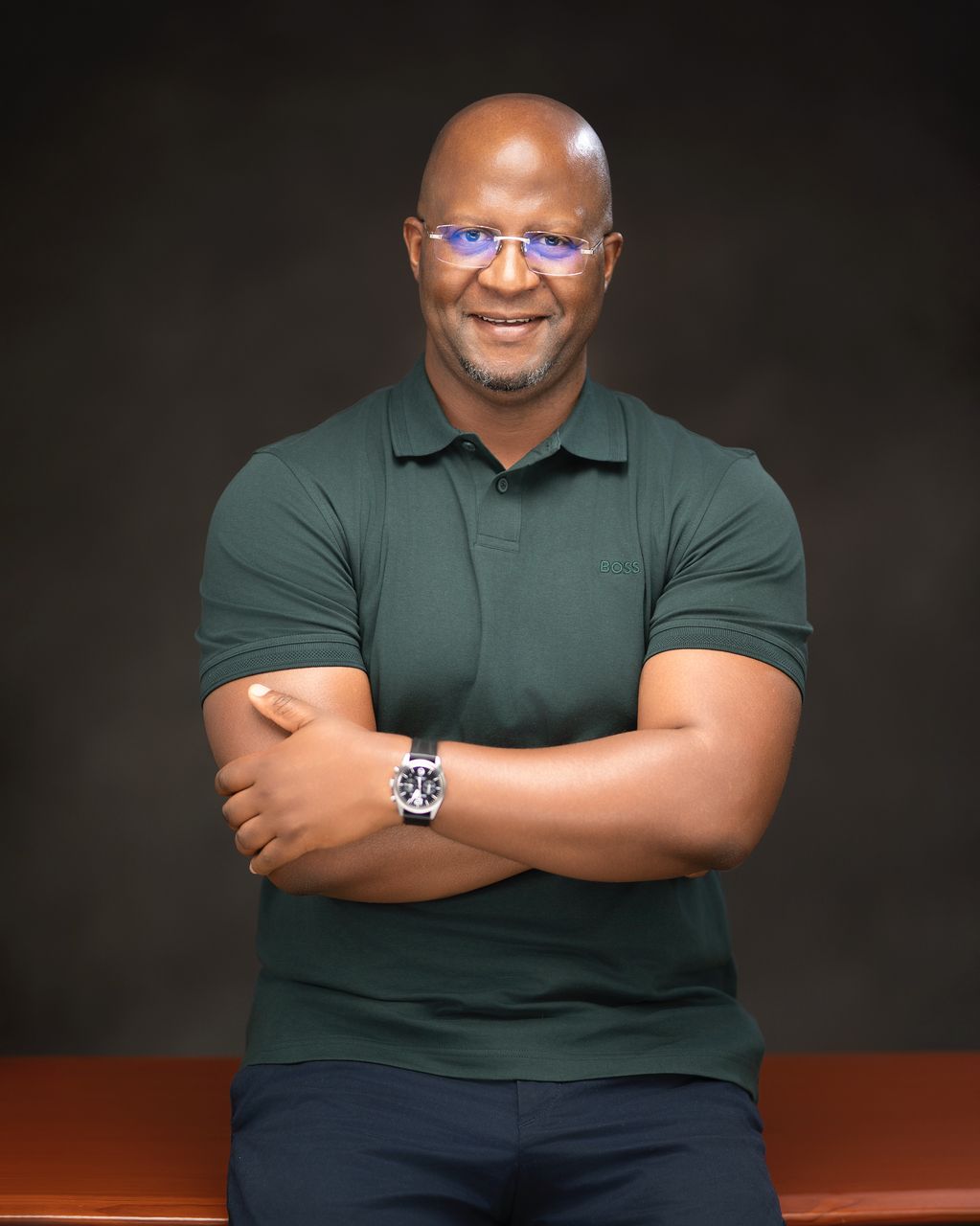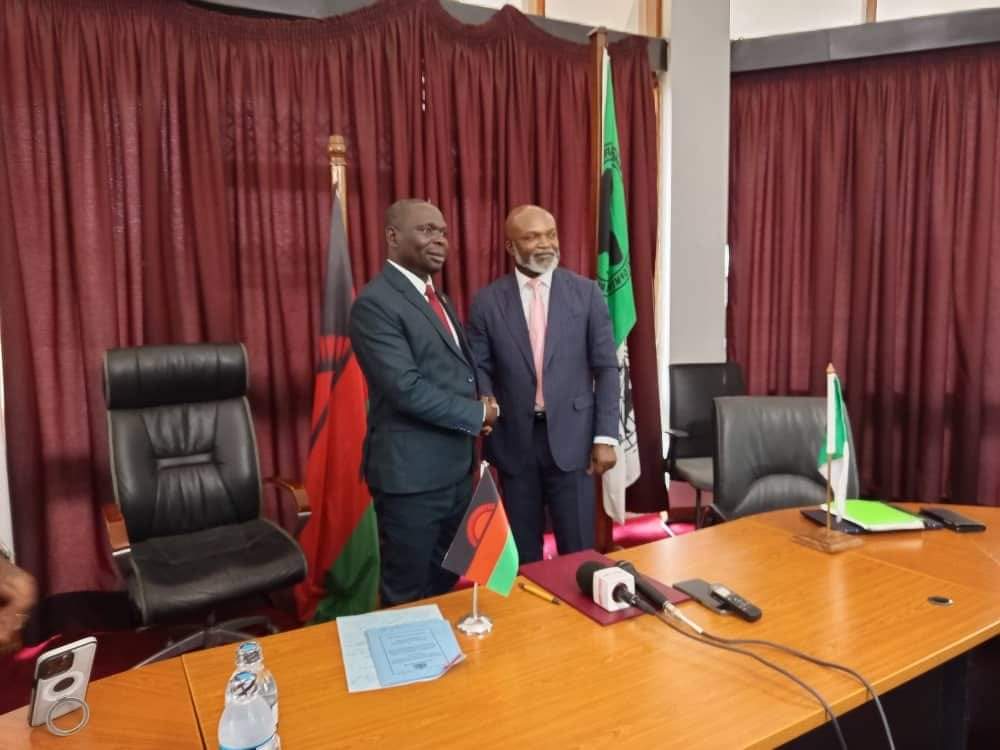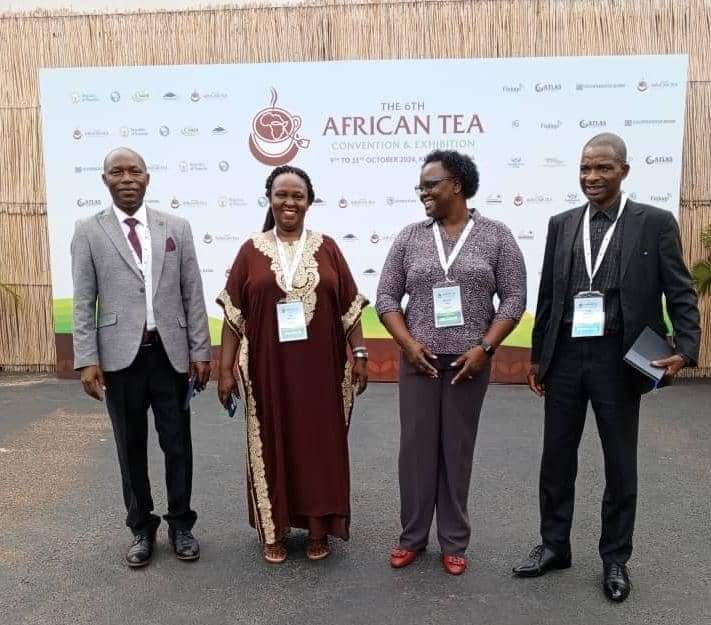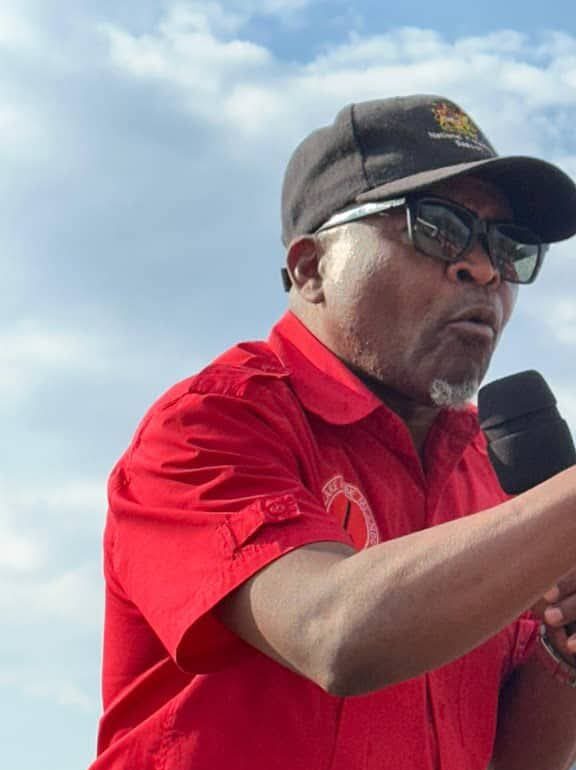By Burnett Munthali
Atupele Austin Muluzi, leader of the United Democratic Front (UDF), remains one of the most talked-about political figures ahead of Malawi’s 2025 general elections.
His name continues to stir public curiosity and political debate, particularly around the possibility of him becoming the country’s next President on 16 September 2025.
As the son of former President Bakili Muluzi, Atupele carries a powerful political legacy that still resonates with many UDF supporters.
He first entered the political scene in the early 2000s and has since held various ministerial positions, including Health and Economic Planning, under different administrations.
In 2020, Atupele contested as the presidential candidate for the Democratic Progressive Party (DPP)-UDF alliance but lost to Dr. Lazarus Chakwera of the Tonse Alliance.
Since that election loss, Atupele has kept a relatively low profile, sparking speculation about his political future.
However, recent reports and public appearances suggest he is quietly rebuilding his base and preparing for a major comeback.
Sources close to the UDF reveal that the party is working behind the scenes to reposition itself as a serious contender in 2025.
Party structures across the country are being revived, and Atupele has been holding private consultations with key political stakeholders.
Many believe that the UDF is banking on Atupele’s youthful energy, experience, and political lineage to appeal to both older and younger voters.
Analysts say Atupele’s success in 2025 will largely depend on whether he runs independently or forms a strategic alliance with other parties.
The political environment in Malawi remains volatile, with alliances shifting and parties rebranding themselves in anticipation of the 2025 elections.
Some observers argue that Atupele may find it difficult to emerge as a leading candidate in a field crowded with strong competitors from MCP, DPP, UTM, and possibly new political movements.
Others believe that if Atupele successfully presents himself as a unifying and reform-minded leader, he could rally a cross-generational and cross-regional support base.
Public opinion remains divided, with some citizens expressing confidence in his leadership potential while others remain skeptical of dynastic politics.
The key challenge for Atupele will be to present a compelling vision for Malawi that goes beyond his family name and past political alliances.
He must also address concerns about UDF’s relevance in a rapidly evolving political landscape dominated by more vocal and media-savvy players.
As of now, Atupele has not officially declared his candidacy for the 2025 presidential race.
However, insiders suggest that an announcement could come soon, possibly following the party’s upcoming national convention.
With just over two months remaining before Malawians head to the polls, the pressure is mounting for Atupele to make his move.
If he does contest and win, Atupele Muluzi will become the first child of a former Malawian president to be elected to the same office.
That alone would mark a historic moment in the country’s democratic journey.
But whether Malawians are ready to give him the top seat remains to be seen.
The countdown to 16 September 2025 has begun—and with it, the question: Will Atupele Austin Muluzi become Malawi’s next President?




